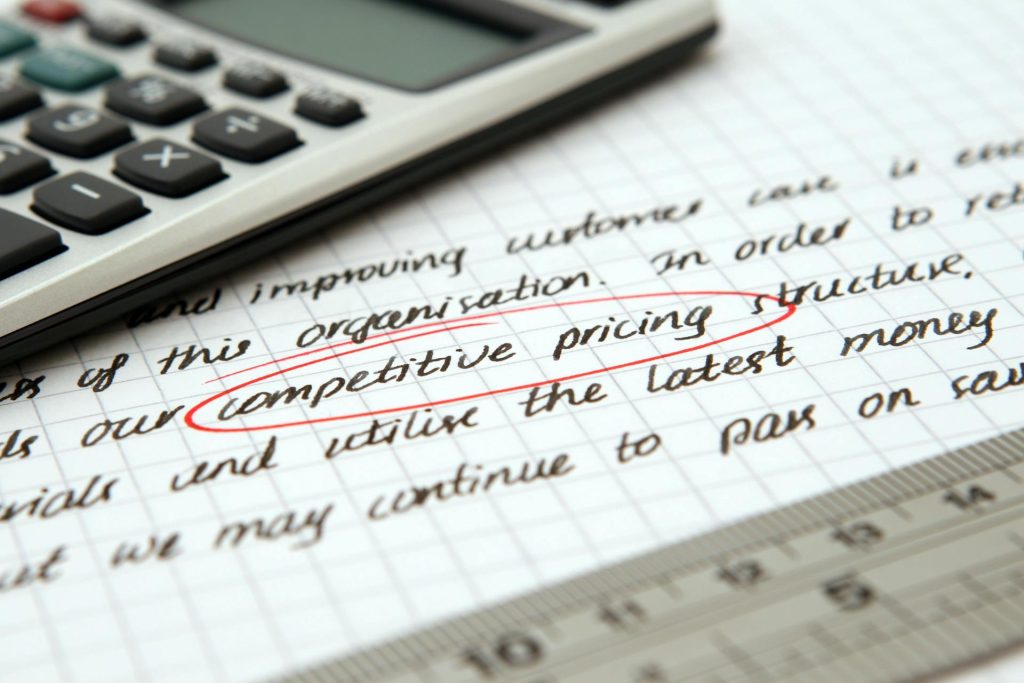
Do you need a commercial bailout loan? Having a property solely for commercial reasons can be incredibly rewarding in the real estate scene. However, several factors, such as difficult tenants, a dwindling economy, and an unexpected pandemic, can quickly jeopardize that dream. This means that it is easy to find your property at the risk of foreclosure and it can be difficult to recover from that.
When you cannot meet the mortgage payment on your property, and you are running a little low on cash, a bailout loan can make all the difference. In this article, we will help you understand what commercial bailout loans are, the pros and cons of getting one, and how to get the best terms.
What Are Commercial Bailout Loans?
When you have trouble keeping up with mortgage payments, your options may seem limited to either losing your property, selling it at a loss, or filing for bankruptcy. But this does not always have to be the case. A commercial bailout loan is a new loan separate from your current mortgage that helps you pay the said mortgage.
Commercial real estate loans are financial aids for investing in business-adjacent properties such as apartment complexes and workspaces. A commercial bailout loan is a quick loan that helps you buy some time to avoid foreclosure on your property. As the name suggests, a commercial bailout loan is a short-term loan, and like hard money loans and other forms of short-term loans, your chances of getting the loan are not dependent on your credit score or financial history. Instead, the lender will evaluate the value and equity of your property to determine your interest rate and other fees.
When to Get a Commercial Bailout Loan
Here are the best times to get a commercial bailout loan:
1. When Facing Foreclosure
This is arguably the most crucial time to begin applying for a commercial bailout loan. You should not wait until you get a Notice of Default or your lender begins the foreclosure process before you apply for a loan to cover your default mortgage payments. Although it is a short-term loan and as such, usually easier to get compared to traditional loans, it may still take you a while to get a lender willing to take the risk. And it may also be too late for your property by then.
2. After Missing a Mortgage Payment
Missing one mortgage payment does not automatically put you at risk of foreclosure. However, if you default on a payment and your finances show that you cannot make up for it, you should consider getting a commercial bailout loan. This will give you some time to weigh your other options, which could be finding long-term funding, selling the property, or, if your tenants are the ones giving you money trouble, evicting them and finding new tenants.
3. Having Too Many Vacant Properties
Sometimes, the real estate business slumps, and things slow down. This can leave you with too many vacant properties. Paying the mortgage on these properties can be difficult as they do not generate any income. Getting a commercial bailout loan in this scenario can help you pacify your lender until you decide on either renting or selling the properties.
Advantages and Disadvantages of Getting Commercial Bailout Loans
Here are some of the perks you stand to gain when you get a commercial bailout loan:
1. Time
This is the biggest advantage a commercial bailout loan offers because instead of scrambling for financial aid or assistance, you have a few more months to carefully decide your next course of action. Also, if you want to sell your property, it helps you avoid selling at a loss out of desperation.
2. Better Credit Score
Commercial bailout loans can help save your credit score from dropping any further, as defaulted payments negatively affect your credit score. They also hurt your debt-to-income (DTI) ratio. A bad ratio or credit score can prevent you from securing long-term traditional funding.
3. Accessibility
Unlike conventional loans, bailout loans are a much more accessible option for commercial property owners. This is because they do not have the barriers that conventional loans have, such as good credit scores or a stable financial history. Instead, they base their decision mainly on their appraisal of your property. This means that your property’s value, which is often affected by its age, location, and structural state, will determine your loan.
4. Prevents Financial Distress
Trying to raise cash when your reserves are low can be incredibly distressing. Commercial bailout loans save you from that by providing you the needed capital in a short amount of time and with ease.
Disadvantages
We would be doing you a disservice by telling you when and why to get a commercial bailout loan and not the risks involved. Here are the downsides to getting a bailout loan:
1. Higher Fees and Interest Rates
To make up for the risk they would be taking by ignoring your financial history and credit score, bailout loan lenders often charge a higher interest rate than conventional lenders. This also means that you may have to pay extra fees that you would not necessarily pay when taking conventional loans. For example, lenders tend to charge prepayment penalty fees. A prepayment penalty fee is charged for repaying a loan before its due date.
2. Short Repayment Term
Commercial bailout loans are short-term loans. This also means that the time slot for loan repayment is short, usually ranging between a few months and one or two years. Therefore, although these loans can help you prevent property loss, you must also find a form of repayment quickly to avoid a financial disaster.
Refinancing a Commercial Bailout Loan
Refinancing a loan means revising or replacing the terms of the loan, usually to obtain more favorable interest rates or payment schedules. The process of refinancing entails reevaluating your financial situation to determine whether or not your request for different terms will be granted.
Ordinarily, you can attempt to refinance any loan. However, missing payment deadlines or having multiple defaulted payments can disqualify you from refinancing your loan.
Commercial bailout loan lenders rarely consider your previous history so you can refinance your bailout loan after securing your property. This can help you lower your rates and monthly payments or even extend the repayment time to ensure you do not end up with even more debt.
How To Get a Commercial Bailout Loan
Assess your current financial situation before applying for a loan. While doing this, you should also research the loan and your lender of choice. Weigh the disadvantages of getting the loan against the possibility of losing your property to a foreclosure auction.
When trying to choose a commercial bailout loan lender, ensure you seek advice from trusted sources such as professionals, friends and family, and even colleagues.
If possible, search for reviews regarding the lender, as this can help you make a more conscious decision. Furthermore, do not limit yourself when reviewing lending options. You can check for any government lending programs in your state, non-profit organizations, and even private lenders.
Finally, ensure your application is as flawless as possible. This means submitting all required documents, such as bank statements and tax returns, filling out the application on time, and having a convincing pitch detailing why you need the loan and how you intend to repay it.
Always bear in mind that a commercial bailout loan is a short-term one. Avoid treating it as a long-term financing option. Rather, use it to buy time and start developing a repayment or refinancing plan.
Make an Informed Decision With Capital Max
Reading about the ups and downs of commercial bailout loans is one thing but making that decision in the face of foreclosure can be daunting. But you do not have to make the decision alone. Capital Max can help you make the right decision for your commercial property and provide you with the best terms for any loan you choose. We have a team of financial experts who work around the clock to provide indispensable advice. Contact us today to kickstart your best financial experience yet.
